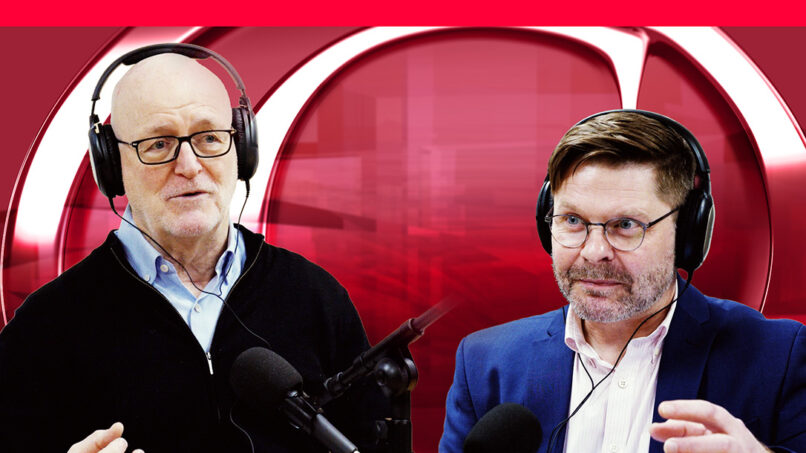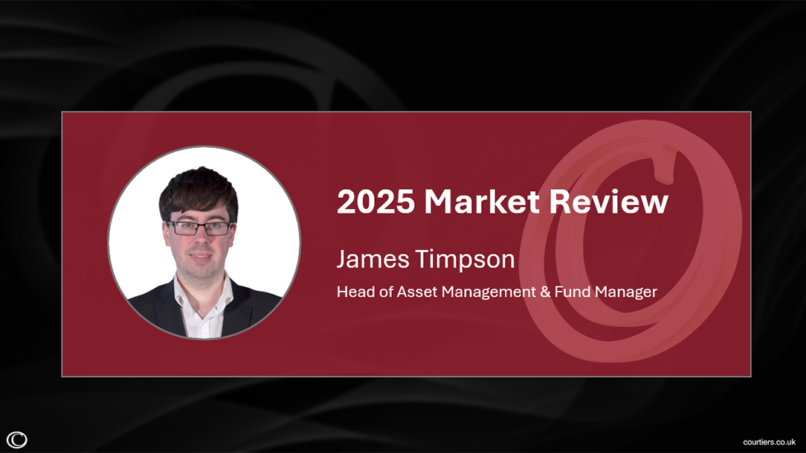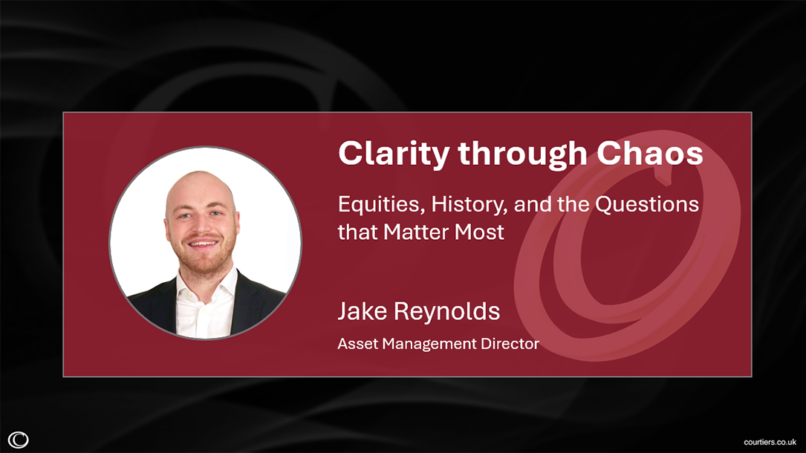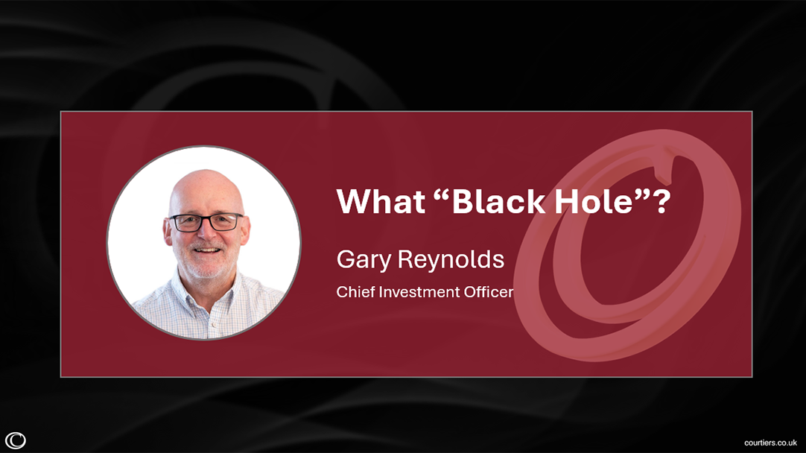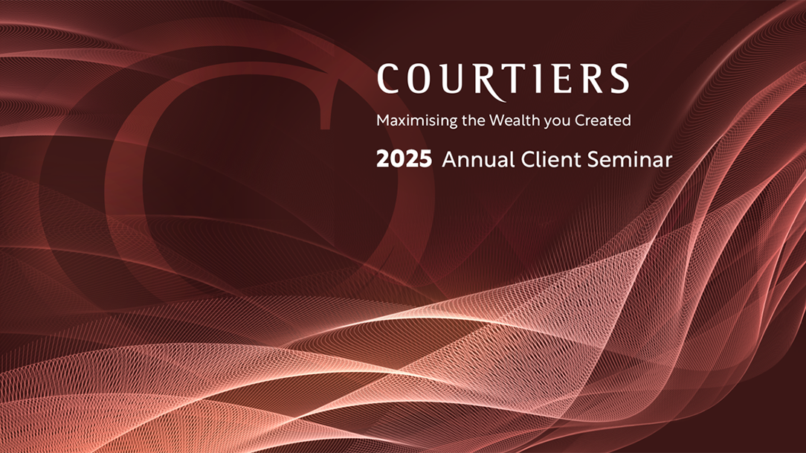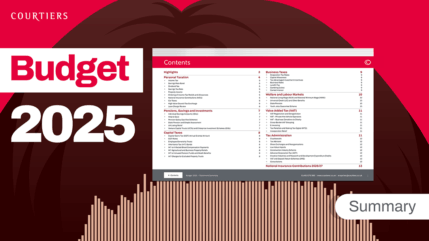“Most of our so-called reasoning consists in finding arguments for going on believing as we already do.”
James Harvey Robinson (1863 – 1936)
How much to save? Four short words make the question, but the answer could fill volumes. “Figure out how much you will need in retirement and save enough to provide it” is an elegant solution during a working life, but in practice it’s very difficult to effect. Even if you do come up with a plan, it still requires the conviction and determination to execute it.
After working out how much to save you need to decide where to invest, which should be a perfectly rational decision. Unfortunately savers consistently make a string of irrational decisions which can hammer the value of their retirement funds. Here are a few pitfalls and how to avoid them;
Overconfidence
Us humans at times have a tendency to be overconfident in our decision making abilities. This trait is universal and can affect all aspects of our lives. Most people, especially the male half of the population1, rate their driving as above average. Clearly, only 50% of all drivers can be above average (for the record I put myself in the top third!). This overconfidence can lead to bias on finance related decisions; investors overestimate both their ability to pick good investments and the future returns from them, and ultimately risk under-saving for the future.
Confirmation Bias
A close ally of overconfidence, confirmation bias is the failure to gather all the relevant data to rationally evaluate the choices. It means leaning towards facts that support what is already decided to be true; North can become South, up becomes down and similarly, risky investments are evaluated as safe. This can lead to a pile of woes, the worst of which is treating those risky investments as safe in the first place…
Loss Aversion
Despite being overconfident we also have a tendency to be highly loss averse (get the point about irrationality). There is evidence that we hate losses two times greater than we love gains2. This impacts the level of risk we are willing to bear. Riskier investments offer potentially higher rewards, but if loss aversion reduces your true appetite for risk, you cut the potential for higher long term returns.
Loss aversion can also lead to investors selling profitable investments too early in order to “bank” their gains. It can also mean holding losing positions for too long due to a reluctance to realise a loss in the hope that in the long run, prices will rise. This hope can be a fallacy, as Keynes cuttingly put it, “In the long run we are all dead.”
Inertia
Something else savers should guard against is inertia. A head-in-the-sand approach simply means hiding the problem from sight – but it still exists and if the problem is inadequate contributions towards your retirement scheme, eventually inertia will bite.
Solutions
There are solutions. Getting objective professional advice is the best way to avoid these pitfalls and many employers, including those that Courtiers looks after, offer expert guidance on retirement planning through employee retirement counselling programmes.
As illustrated, investment and retirement planning are not that easy. The field of Behavioural Finance has discovered many examples of our irrational decision making, especially with regards to money and while this article covers some, there are many more and a good adviser can help you realise the pitfalls, avoid them and discover the right choices. The first step is to make the call.


